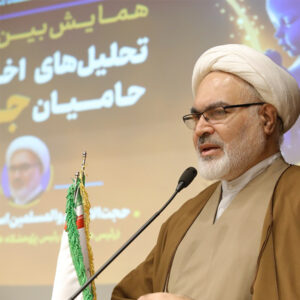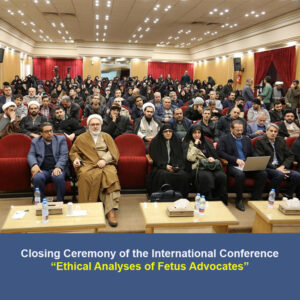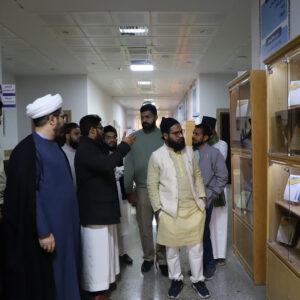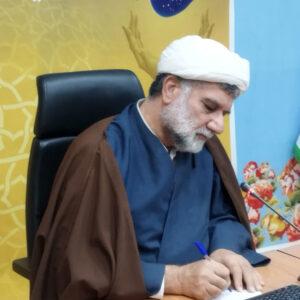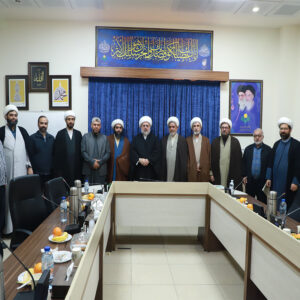Social justice is one of the important issues in the international arena as well as Islamic Republic of Iran. Justice in Iran has two aspects; First, the lack of a comprehensive Islamic theory of justice and secondly, the weakness of fair relations in the holy system of the Islamic Republic. The second part of the problem, i.e. the weakness of fair relations, is one of the consequences of the first part, i.e. the lack of theory. Therefore, Islamic Propagation of Qom Seminary and Islamic Sciences and Culture Academy (ISCA) based on the problem-oriented approach has focused on the issue of social justice as a macro issue, and the Department for Studies of Social Justice deals with the issue of social justice and studies related to it, relying on scientific sources and research achievements. Various studies that form all different aspects of justice and the focus on achieving the comprehensive theory of social justice based on Islamic teachings and approaches as well as local life of religious society constitutes the scientific and study identity of the department.
Mission
Achieving the comprehensive theory of social justice based on Islamic teachings.
Long-term Objectives
1. Strengthening and deepening the studies related to social justice.
2. Methodical and scholarly explanation of the foundations, principles, and system of social justice from the perspective of Islam and related to concrete issues.
3. Pathology of issues related to social justice in Islamic society and providing solutions to injustice.
4. Extracting and introducing models of realization of justice according to religious texts and research carried out at the international level.
Short-term Objectives
Conducting research and studies for:
a. Theoretical Foundations of social justice
1. Basics of philosophy of justice and theology of justice
2. Theories of justice
3. Criteria and indicators of justice
b. Concrete issues of justice
1. Culture and justice (including cultural justice issues such as media justice, gender justice, educational justice, etc.)
2. Equality studies (including studies related to social equality and inequality, class gap, philosophy of equality, sociology of inequality, etc.)
3. Politics and justice (including political justice issues such as political development, structural justice in governance, elections, etc.)
4- Economy and justice (including economic justice issues such as banking, poverty, production, etc.)
5- Perception of justice (including the social sense of justice, the social concept of justice, the currents of seeking justice, etc.)
6- Other areas related to justice and social inequalities

